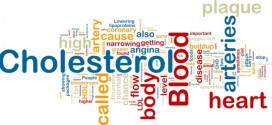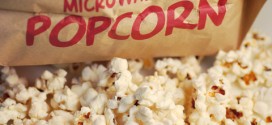Travis emphasizes that it is important to divide your calories between carbohydrates, protein, and fat:
- Carbohydrates. Carbohydrates — sugars and starches — are broken down by our body into glucose, which is then used by muscles for energy. Excess carbs are stored in the liver and tissues as glycogen and released as required. It is glycogen that provides the energy for high-intensity exercise and prolonged endurance. Some good sources of carbohydrates include: whole grain breads, cereals, fruit, vegetables, pasta, and rice.
- Protein. It should be a part of your major meals because it helps slow absorption of carbohydrates. Fish, eggs, chicken, meat, and beans are excellent sources of protein. 3 ounces per meal is enough.
- Fat. You need some good fat in your diet. Low-fat dairy products, like 1 percent milk, and lean cuts of meat will give you the fat your body needs.
It is recommended to have a combination of these items from all three food groups at each of your major meals. For a Healthy Family breakfast, take fiber rich cereal (either oatmeal or whole-grain cereal), a low-fat dairy product, and fruit or a juice. The easiest lunch will be a sandwich made with lean meat, poultry, or fish on whole-grain bread, with raw veggies and fruit served on the side.
Protein and energy bars can be useful alternative, but do not use them as a meal replacement. Look for bars with at least 10 grams of protein and some carbohydrates in it, rather than products with high protein content and hardly any carbohydrates.
Fitness Food: Timing Meals and Snacks
If you exercise in the morning and do not have something to eat first, you can use up all of your energy. If you’d rather not have breakfast before you exercise, try eating a small piece of fruit.
If you are planning for a strenuous workout, eat a meal that is high in carbohydrates at least three to four hrs beforehand. Choose foods that are easy to digest. Experiment with different foods to see what gives you the most energy.
Fitness Food: Factor in Fluids
It is particularly important to drink fluids before, during, and after exercising. If you exercise strenuously, try to drink fluids even if you are not feeling thirsty.
Water is a good choice for most activities. If you exercise continuously for 90 min or more, you might benefit from a sports drink that contains electrolytes and carbohydrates. But sports drinks are designed for people who are doing endurance activities for prolonged periods. They probably are not necessary for the average person.
 Fitness Tip of The Day We bring Fitness to You
Fitness Tip of The Day We bring Fitness to You




